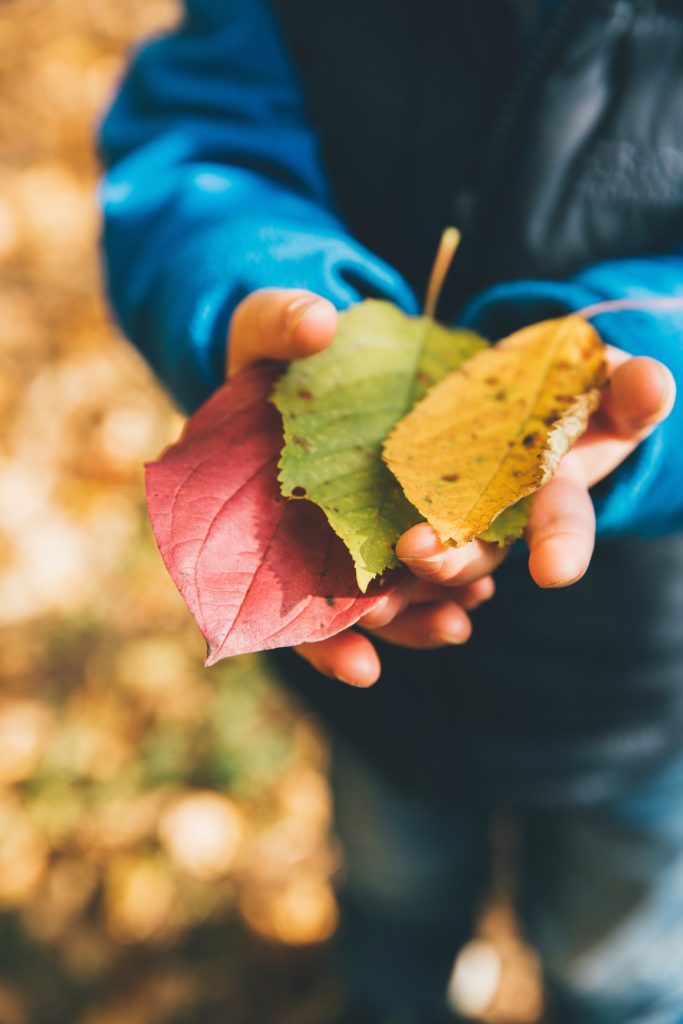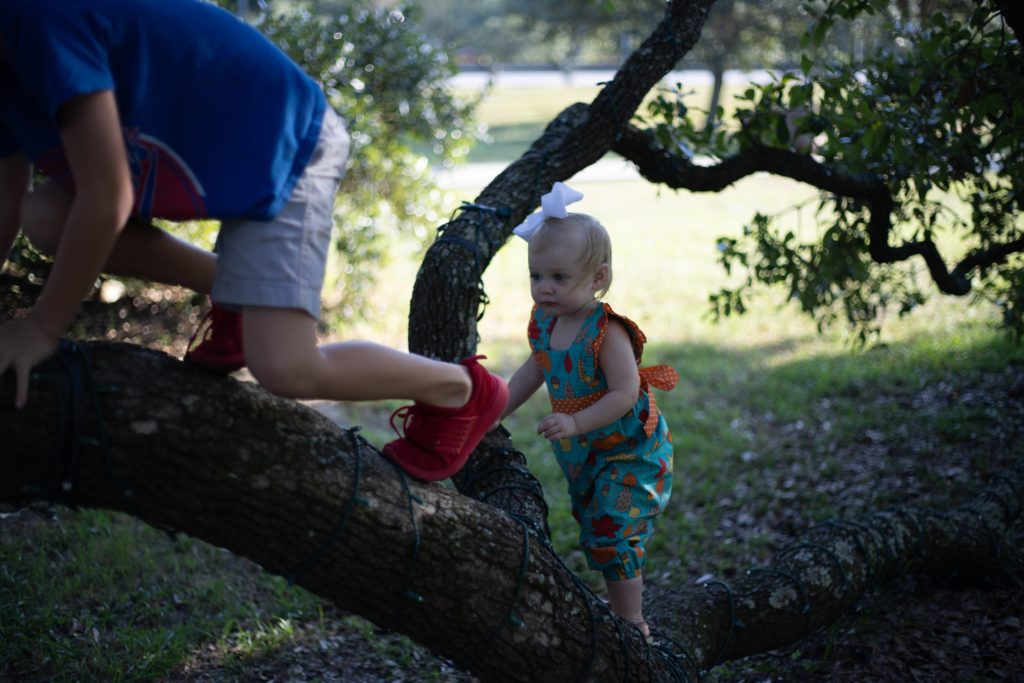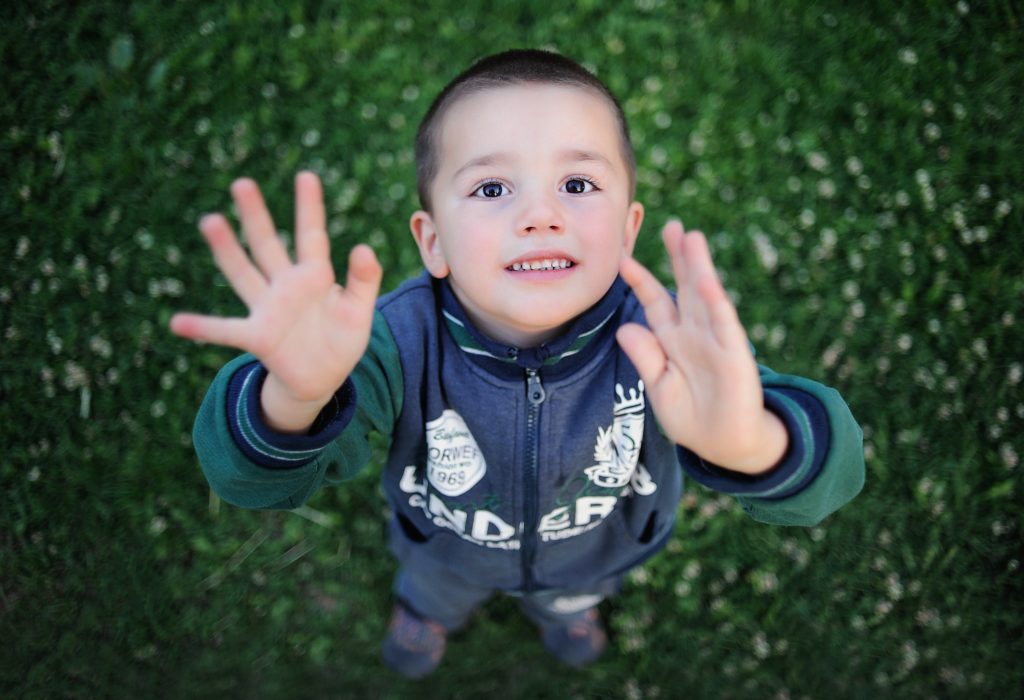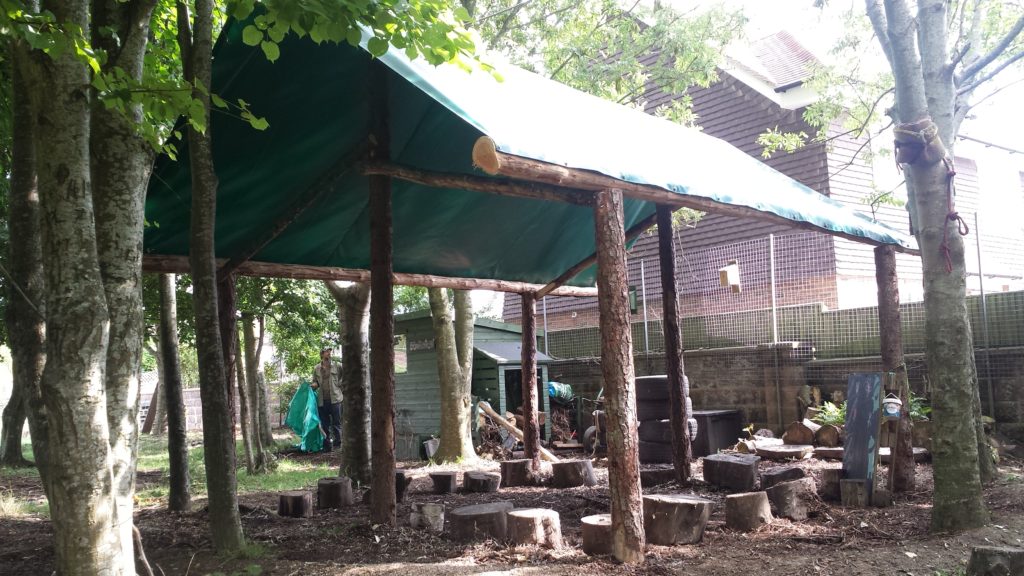Opening Up The Outdoors
Forest Kindergarten is modelled on a Forest School approach and is based around child-centred learning through play in the Early Years. Forest Kindergartens offer young children frequent visits and regular play opportunities in a local, natural setting all year round – this could be a woodland, park or even a beach!?
10 Benefits of a Forest Kindergarten approach
- Enjoyment – Children who regularly learn, play and enjoy the outdoors environment are observed to feel happier and more relaxed. They can learn at their own pace, follow an interest, enjoy the fresh air, get mucky without worry – what could be better?
- Play – the Forest Kindergarten approach supports child-centred learning through play in a real world context. It provides young children with freedom to explore and use multiple senses.
- Nature immersion, discovery and exploration – Children have the time and space to become the ‘directors’ of their own learning. Staff take on an observation and supporting role and this empowers children to become managers of their own learning process.
- Creates interactions – with people and places where they play in their local area. As a result of these positive interactions, children learn to care for nature. Children develop a connection with the natural world which can lead to long term environmental awareness, understanding and positive action.
- Well-being – promotes movement, health and well being, physical and emotional resilience, promotes ‘in the moment’ experiences and develops confidence.
- Awareness – supports the acquisition of knowledge, skills and care for the natural world.
- Motivation and concentration – spending time in the outdoor environment is exciting for a child. The outdoors and its constant changing state fascinates children and therefore leads to high levels of attention. Many practitioners who regularly take children to visit local spaces have noted that children are able to participate and concentrate for longer periods of time.
- Risk benefit – regular visits with time and space, supportive adults and plenty of child led play helps to develop children’s awareness of risk as well as their confidence in managing risk. Children develop their confidence with taking risk over time and consider as a direct experience before deciding what action to take.
- Teamwork / co-operation – children when playing and exploring outdoors can demonstrate a less competitive nature. They use the natural world in a completely different way, often becoming more imaginative with their play, developing a different rhythm and working together for a shared purpose. There is less academic pressure, less formal structure which children (and adults) really respond to.
- The ripple effect – When children have positive experiences outdoors they will take their experiences home to share with friends and family. This will often encourage families to visit their local woodlands more frequently.
“At the end of the day, your feet should be dirty, your hair messy and your eyes sparkling” – Shanti
Equip your staff to take children out of door as part of their everyday education!
At Circle of Life Rediscovery we are running a two-day Forest Kindergarten Training in May, East Sussex.
The aim of this two-day training is to develop Early Years practitioners’ skills to enable and empower them to make regular visits to a local green-space or woodland.
What themes underpin this training?
- Based upon three themes- people, place and pedagogy (activities).
- The importance of sustained, free play for children’s development and engagement.
- The value of nature for well-being – both for child and practitioner.
- Making a connection with the natural world leading to long term environmental awareness and care for our world.
- Importance of reflective practice.
Key Content:
- How to prepare both yourselves as practitioners and your young children to go to a green-space.
- Setting up a suitable site and setting boundaries with children.
- Preparing for risks (risk benefit model).
- Research on the benefits of playing and learning outdoors.
- Games and songs to support children with the routines of regular visits to a green-space.
Course details:
Date: 7th & 14th May 2020.
Location: Mill Woods, near Laughton, East Sussex.
Time: 09.00 – 16.30.
Cost: £175.
Booking: Please book online here. See our website for full course details. Please note: If this event needs to be postponed due to the Covid-19 virus, we will reschedule and provide an option to return payment.
“I enjoyed this training so much! Having already been doing Forest School with the older children I was struggling to do fun and exciting things with the early years- you have bought back my confidence and given me lots of ideas and ways to improve my practice.”
2020 Participant
The Forest School Activities Online Training Course
Our Director Marina Robb has created a new online training. Marina wanted to offer a quality training resource that is accessible to a wider audience, who can’t get to our woods in person!
It includes over 100 training videos and resources with step by step instructions designed to inspire new ideas for both experienced and novice practitioners.
Click on the image below to find out more:

Nature hour
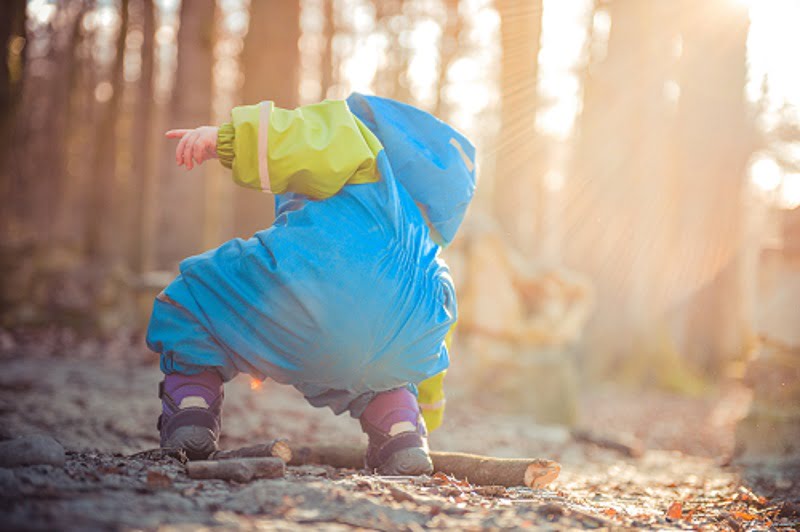
A ‘nature hour’ should be part of the school curriculum every day, say The Wildlife Trusts. They are calling for every child in the UK to spend one hour outside in nature, every day, as part of the school curriculum. Please read the article here.
Forest School Shelters
At Circle of Life Rediscovery we can design and build bespoke forest school shelters for your school or organisation.
We will visit your site to discuss your needs and requirements, to offer advice and give suggestions. Visit the website to learn more.
Transforming education, health and family through nature.
We provide exciting and highly beneficial nature-centred learning and therapeutic experiences for young people, adults, and families in Sussex woodlands, along with innovative continuing professional development for the health, well being and teaching professionals who are supporting them.

